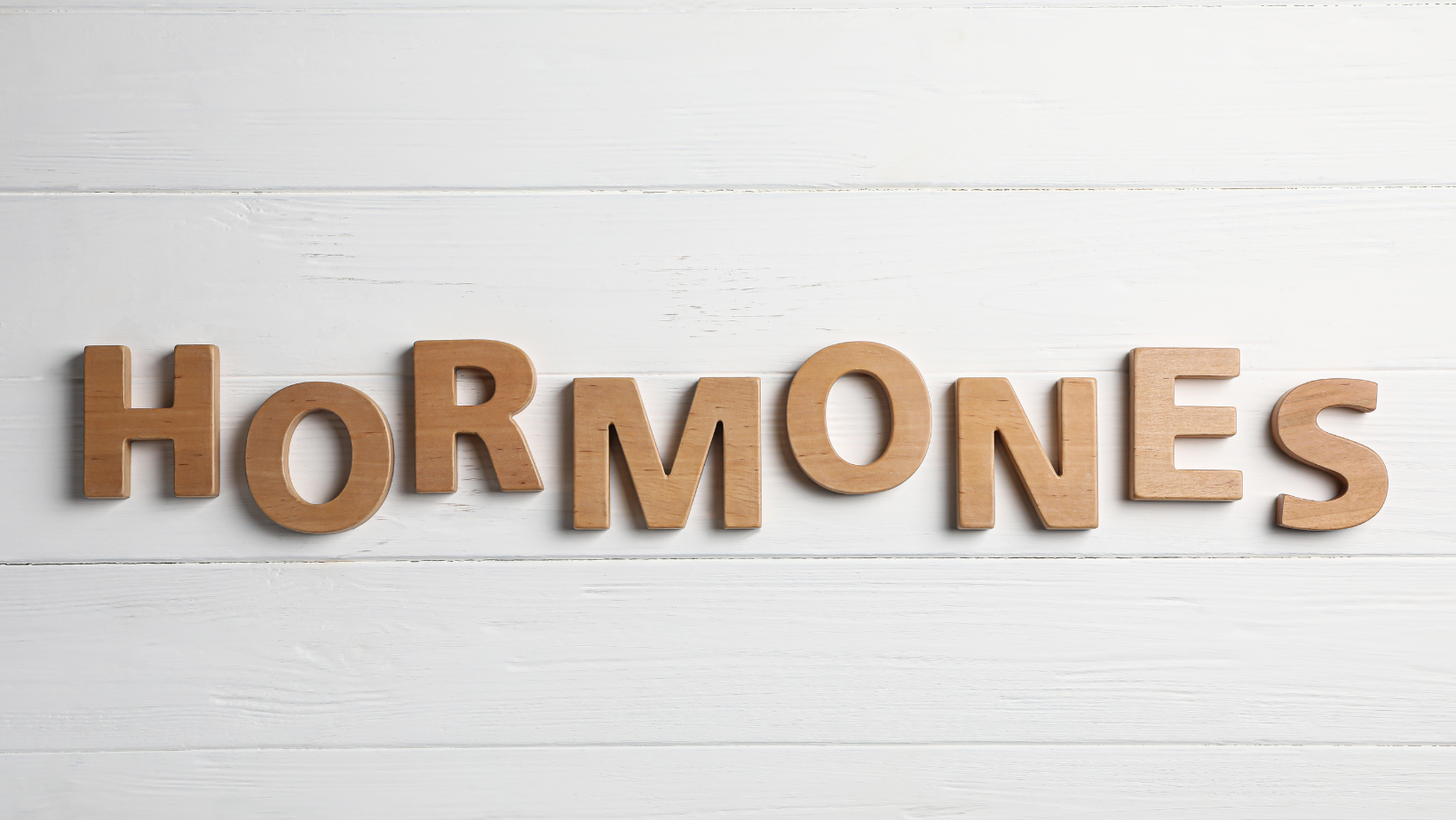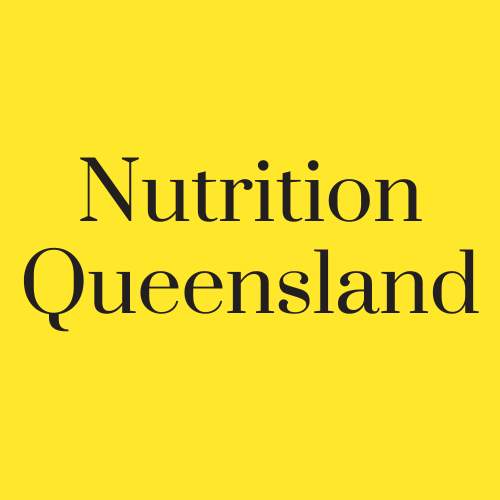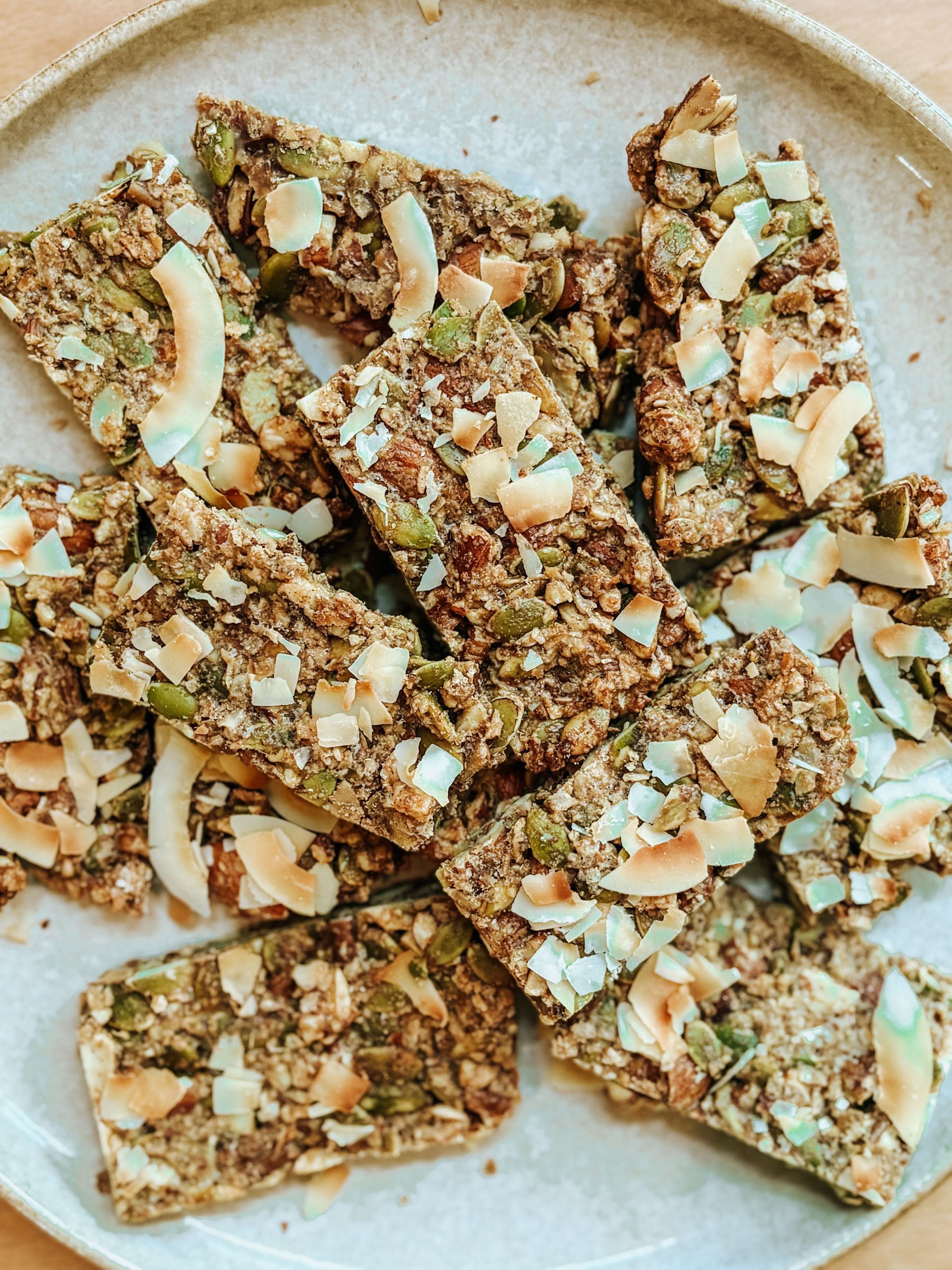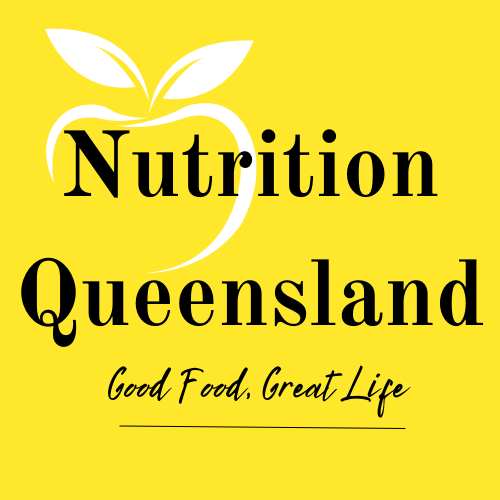Blog Layout
Hormonal Balance: Why it Matters for Your Health and How to Achieve It
Kate Pearce • May 9, 2023
Understanding the Importance of Hormonal Balance and How to Restore it Naturally.

As humans, we are not simply physical beings; we are also governed by our hormones, which are little chemical messengers that regulate various processes in our body.
Hormonal imbalances can cause a range of symptoms, from mood swings and fatigue to more serious health issues such as heart disease and thyroid problems. In this blog post, we'll explain the importance of hormonal balance, what can cause imbalances, and how to restore balance to your hormones for optimal health.
What is Hormonal Balance and Why Does it Matter?
Hormonal balance refers to the optimal levels of various hormones in our body. When our hormones are in balance, we feel energised, our moods are stable, and our bodies function properly. However, when there is an imbalance, it can lead to a range of symptoms and health issues.
For women, symptoms of a hormonal imbalance may include early periods, heavy and painful periods, PMT, PCOS, lumps in the breast, abnormal pap smears, hot flushes, depression, heart disease, and thyroid problems. Men may experience low sperm count, inability to hold an erection, and prostate problems.
What Causes Hormonal Imbalances?
Hormonal imbalances can be caused by a range of factors, including genetics, lifestyle factors, and environmental toxins. In 1957, the pill was introduced, which has been linked to hormonal imbalances in many women. Today, many of us are also exposed to environmental toxins that disrupt our hormonal balance, such as growth stimulants in meat, plastics, and glyphosate (aka round up).
How to Restore Hormonal Balance
The good news is that our bodies are constantly trying to achieve hormonal balance, and we can support this process by making some simple lifestyle changes. Here are some tips for restoring hormonal balance:
Be mindful of the pill: While the pill can be an effective form of birth control, it can also lead to hormonal imbalances. If you are experiencing symptoms of a hormonal imbalance, talk to your doctor about alternative forms of birth control.
Choose organic and hormone-free meat:
Meat today often contains growth stimulants that can disrupt our hormonal balance. Choose organic and hormone-free meat when possible, or opt for organic plant-based protein sources.
Avoid plastics:
Plastics contain chemicals that can disrupt our hormonal balance, so try to avoid them as much as possible. Store water in glass or stainless steel bottles and use glass containers for food storage.
Eat a healthy, balanced diet:
A healthy, balanced diet is key to maintaining hormonal balance. Eat plenty of fibre from veggies, minimise processed sugar, and aim for the right amount of protein.
Incorporate indole-rich foods: Indoles are compounds found in cruciferous vegetables that can help promote the elimination of excess estrogen from the body. Eat plenty of cabbage, broccoli, cauliflower, and kale to support healthy hormone levels.
Take vitamin B supplements:
Vitamin B6, B9, and B12 can also help the body eliminate excess estrogen. Consider taking a supplement or eating foods rich in these vitamins, such as leafy greens and beans.
Consider flaxseed:
Flaxseed is high in lignans, which can help balance hormones. Try adding ground flaxseed to smoothies or oatmeal for a nutritious boost.
Overall, achieving hormonal balance is critical for helping us to feel our very best. By making some simple lifestyle changes and incorporating hormone-balancing foods and supplements, we can support our bodies in achieving optimal hormonal balance. If you are experiencing symptoms of a hormonal imbalance, talk to your doctor or a nutritionist for personalised advice and support, never be afraid to ask for help.
Here's to living your best life.
Categories
Blood Glucose
Weight Loss
Energy
Motivation
Success
Let’s talk!
Would you love some more information? Please get in touch, we are always happy to help.

By Kate Pearce
•
June 10, 2024
Discover the power of personalised nutrition with a leading Townsville Nutritionist! Dive into our latest blog post for a detoxifying breakfast recipe designed to revitalise your mornings and support your body's natural detox process. Learn how simple dietary adjustments can make a significant impact on your overall health. Book your free 20-minute consultation with our expert Townsville nutritionist today to start your journey towards a healthier, happier you!










